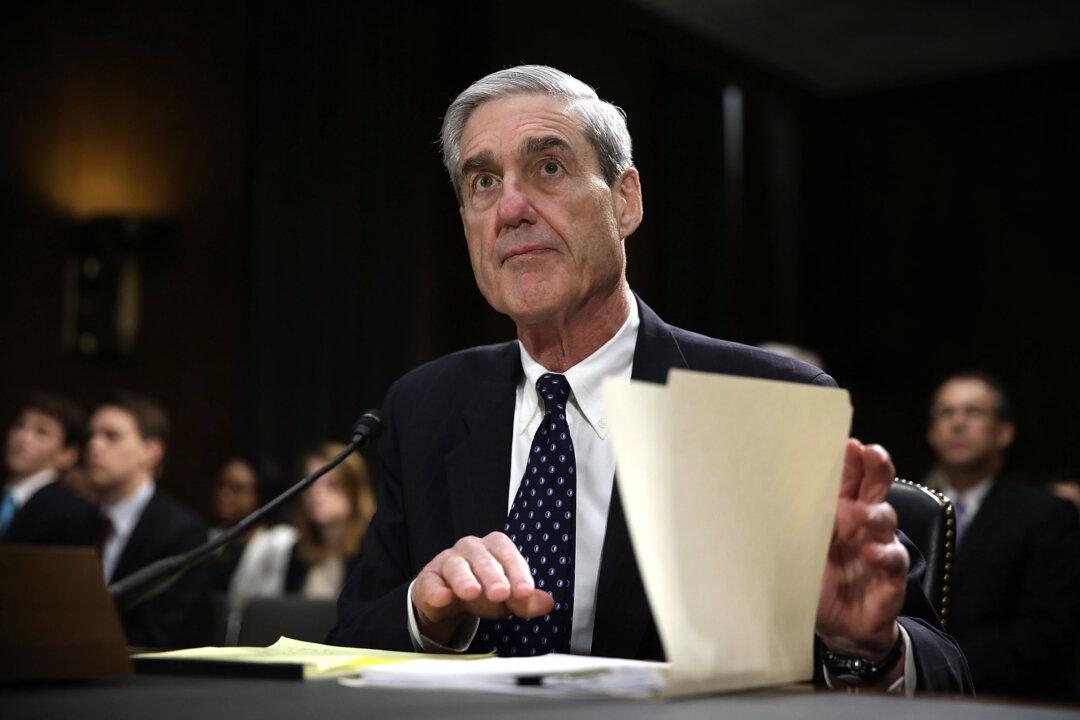The full report submitted by Special Counsel Robert Mueller was released by the Department of Justice on April 18.
The report contains light redactions made in compliance with the law, according to Attorney General William Barr.


The full report submitted by Special Counsel Robert Mueller was released by the Department of Justice on April 18.
The report contains light redactions made in compliance with the law, according to Attorney General William Barr.